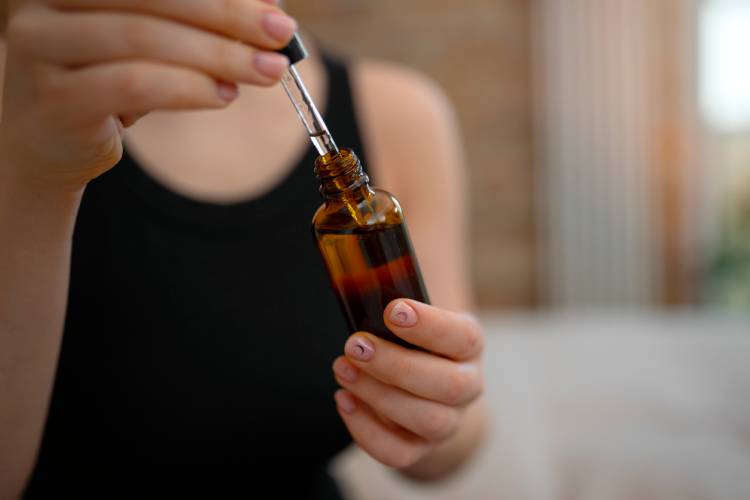Concentrated cannabis is a safe and easy approach to medicate or indulge in recreational cannabis use. Many users now prefer THC Syrup over tinctures and other dissolvable forms of the drug because of its higher strength and concentration. It has the same effects as other cannabinoid edibles and has a consistency comparable to cough syrup. This guide will explain what THC syrup is, its uses, potential side effects, and how to take it.
What THC Syrup?
Cannabis extract or concentrate is combined with either vegetable glycerine, coconut oil, or sugar to create a liquid form of cannabis known as THC syrup. Liquid cannabis, in which the psychoactive THC has been transformed, is becoming more popular because it generates higher and more sustained highs than traditional edibles.
Traditional THC syrups are somewhat sweet and have a similar consistency and viscosity to cough syrups. New cannabis consumers should approach these syrups with caution because of their high sugar content and potency.
How Should You Use THC Syrup?
The following are some common ways to take THC syrup:
Sublingual Use
Sublingual means below the tongue. THC and other cannabinoids ingested sublingually are more effective because they bypass the digestive system. The blood arteries in the tongue allow drugs to be absorbed into the body. Some THC syrups have such a high concentration of THC that a spoonful may produce an effect. Using the dropper, administer the syrup sublingually. Don’t try to gulp down the drips right away.
Oral Intake
THC syrup is often mixed with drinks. Sweeten your beverages by using the recommended quantity. When compared to sublingual absorption, oral ingestion lags behind both liquids and solids.
Homemade Recipes
THC syrups may be consumed directly or used to create edibles. It’s a popular topping for pancakes when combined with maple syrup, but it’s also used in marinades, salad dressings, and cakes. Take care of dosage accurately.
Benefits of THC Syrup
The following are some benefits of THC syrups:
- Lowering pain and inflammation: When it comes to relieving chronic pain and inflammation, THC syrups are just as effective as other high-dosage or high-concentration solutions. It also has a faster impact than smoking, edibles, or concentrates, particularly when used sublingually.
- Boosting the appetite: THC syrups, like many other cannabis medicines, have been shown to increase appetite, which might be helpful for those who have trouble eating for various reasons.
- Provides relaxation: The majority of people who drink THC syrup are of the opinion that it takes them just a short amount of time after using the medication to reach a calm and stress-free condition.
Possible Adverse Effects and Risks of THC Syrup
Compared to low-dose edibles, THC syrup is more likely to elicit undesirable effects due to its high strength. Users who have used THC syrups have described a wide range of side effects, from paranoia and anxiety to nausea and a loss of balance.
The sugar content of many cannabis syrups is also quite high. Although natural sugars like honey and agave nectar are used by some manufacturers, consuming too much of either may be unpleasant, particularly if you’re trying to limit your sugar consumption.
Crossfading refers to the practice of mixing syrup with alcohol, which is popular among marijuana users. Mixing alcohol with THC syrups increases the risk of negative effects, including nausea, vomiting, and becoming too high.
Conclusion
THC syrups are convenient, tasty, and undetectable way to consume medicinal cannabis that eliminates the need to smoke. THC syrup is a concentrated form of cannabis that may be used safely and effectively for medicinal purposes when the right dosage is determined.
